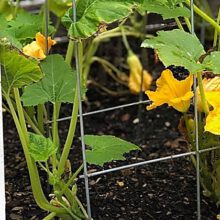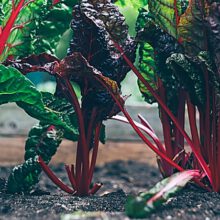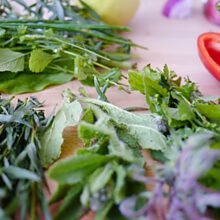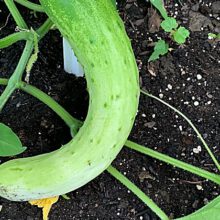Why Do Vegetable Plants Come Back Every Year?
How do vegetable plants come back every year? That depends upon the type of crops. Some crops, like fruits and vegetables, grow pretty well and are not all that sensitive to certain weather conditions. Others, like lettuce and beans, have to fight off marauding insects, drought and heat. And some, like broccoli, require the application of fertilizers and pesticides to help them grow. When you consider how sensitive some of these crops are, you may be surprised that they do not always respond as you would expect.
So, when do vegetable plants come back every year? Planting vegetables is a process that varies from one type of crop to the next. But, usually it is in the late summer or early fall, with the first crops usually appearing in the spring or summer. The vegetables you plant will depend on what you want to grow.
Some people prefer to grow herbs. Others might be into growing vegetables for their own consumption. And others still might want both. However, if you are in the middle of growing vegetables, you can probably see the benefit of knowing how your crop will fare. You can adjust your planting schedule accordingly.
Some types of vegetables usually come out healthier than others. This can make a difference when deciding how to grow your crops. If you want to eat more healthy vegetables, be sure to plant vegetables that are higher in water content. This can include tomatoes and squash. Be sure, though, that they come out of season, as the weather gets colder in the winter. And be sure to remove the seeds before eating, to ensure a fresh taste.
There can be many reasons why a crop may come out of season. One common reason is that it’s been over harvested and thus not able to get the amount of food needed by the community. Sometimes the soil doesn’t have enough of a specific nutrient to support the plants, so they just stop growing. Sometimes a plant needs a fertilizer to help its development, but it cannot always get that. But generally speaking, growing vegetables is something that can take a bit of extra work for every growing season.
You should also consider the soil in which your vegetables are growing. Different types of plants need different things in the soil to be healthy. Check the soil for itself and for its acidity level. Some prefer softer soil, while others like clay or sandy soils that hold more water. And some require more sun, depending on whether you’re growing vegetables for a lot of sunlight or just keeping it under the shade. Another thing that can affect the way your crop grows is the type of fertilizer that you use on it.
With all of these factors considered, there is one issue that crops may never come back: pesticides. This is very common for traditional families growing their own produce, as most children are already used to touching and eating vegetables. Children also experience much lower levels of exposure to pesticides compared to adults, which makes them even more likely to develop serious effects from them. This is why it is recommended that children stay away from vegetables if at all possible. They may develop sickness or even worse conditions down the line, including cancer.
But how do vegetable crops actually come back every year? Some plants will actually come back stronger or healthier than they were before because they’re given a chance to grow again. This happens every year with trees and plants, as their roots regrow after they’ve been killed off. Other vegetables, such as beans, have no chance of ever dying because their production simply stops when the soil is depleted, and seeds are then left in the ground to replant. But even though this might seem like it won’t happen forever, the fact is that it can happen if you are not selective about where you grow your produce.



